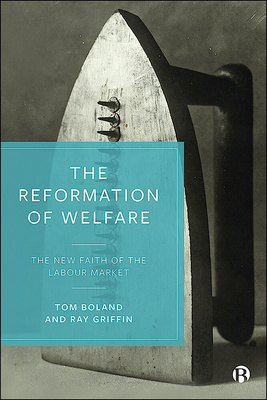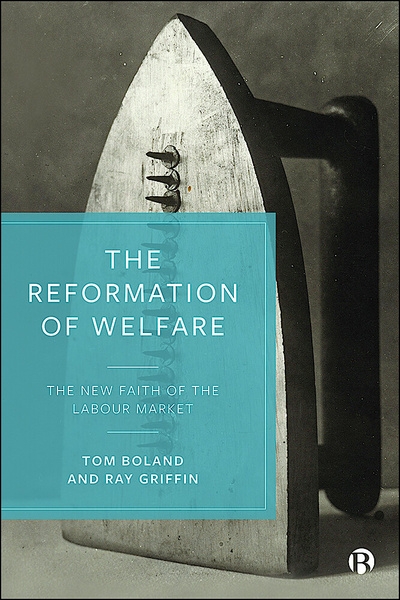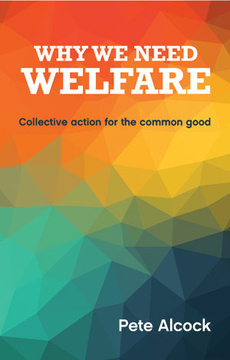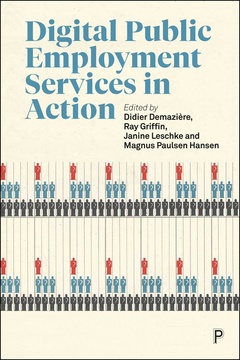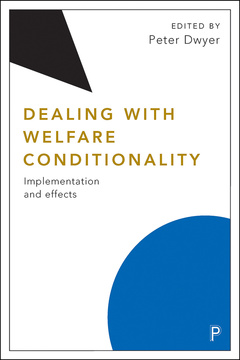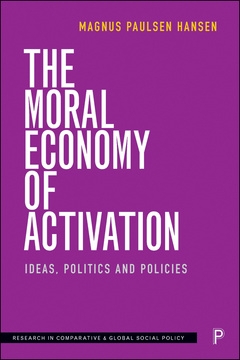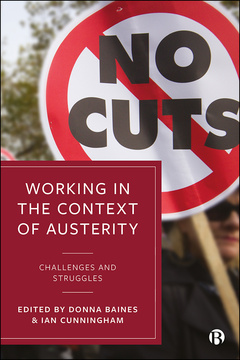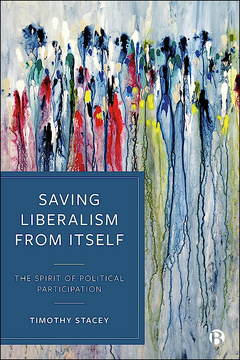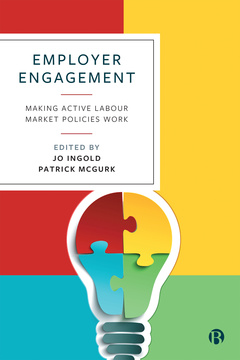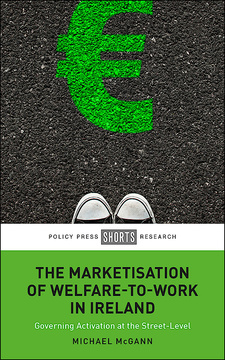Published
13 Dec 2022Page count
218 pagesISBN
978-1529211337Dimensions
234 x 156 mmImprint
Bristol University PressPublished
15 Jun 2021Page count
218 pagesISBN
978-1529211320Dimensions
234 x 156 mmImprint
Bristol University PressPublished
15 Jun 2021Page count
218 pagesISBN
978-1529211351Imprint
Bristol University PressPublished
15 Jun 2021Page count
218 pagesISBN
978-1529211351Imprint
Bristol University PressIn the media:
'Religion of Work and Welfare' on BBC Radio 4's Thinking Allowed
On our blog:
When antiracist politics becomes confessional critique
Citizens first, workers second: Reforming our unemployment policy
Western culture has ‘faith’ in the labour market as a test of the worth of each individual. For those who are out of work, welfare is now less of a support than a means of purification and redemption. Continuously reformed by the left and right in politics, the contemporary welfare state attempts to transform the unemployed into active jobseekers, punishing non-compliance.
Drawing on ideas from economic theology, this provocative book uncovers deep-rooted religious concepts and shows how they continue to influence contemporary views of work and unemployment: Jobcentres resemble purgatory where the unemployed attempt to redeem themselves, jobseeking is a form of pilgrimage in hope of salvation, and the economy appears as providence, whereby trials and tribulations test each individual. This book will be essential reading for those interested in the sociology and anthropology of modern economic life.
Chapters 1 and 3 are available Open Access via OAPEN under CC-BY-NC-ND licence.
"This immensely creative book provokes insights on the salvation rituals of jobseeking on nearly every page. It stands as an outstanding contribution to the theological genealogy of government and economy." Mitchell Dean, Copenhagen Business School
"Is work the path to salvation? One might imagine so given workfare's sustained political appeal despite its modest, even negative, effects. This original book takes a long view of religious history to bring provocative new insights to old policy debates." Evelyn Brodkin, University of Chicago
Tom Boland is Senior Lecturer in Sociology at University College Cork. His recent publications include articles in Anthropology, Philosophy, Sociology and Theology, and his 2019 book The Spectacle of Critique was published by Routledge.
Ray Griffin is Lecturer in Strategic Management at Waterford Institute of Technology. He is Principal Investigator of the HECAT 2020 Disruptive Technologies Supporting Labour Market Decision Making Project.
The authors are long-time collaborators, writing several publications together, and are co-directors of the Welfare Un/Employment Research Collaborative (WUERC) and Economy & Society Summer School.
Introduction: Paradoxes of Welfare
Archaic Anthropology: The Presence of the Past in the Present
Reform: Policies and the Polity
Vocation: Doing God’s Work
Purgatory: The Ideal of Purifying Suffering
Pilgrimage: The Interminable Ritual of Jobseeking
Curriculum Vitae: Confessions of Faith in the Labour Market
Conclusion: Parables of Welfare







